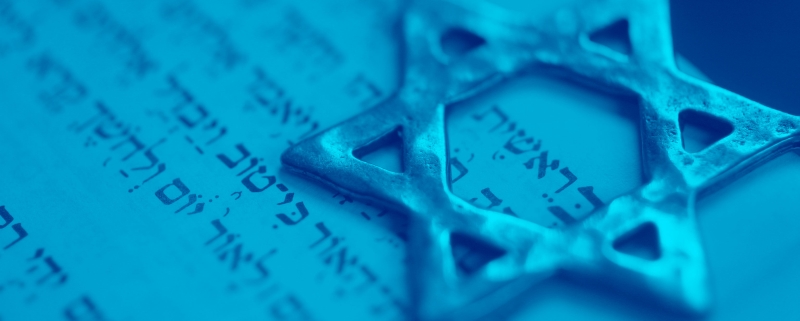Soviet Jewry
Soviet Jewry and Anti-Semitism In The Soviet Union
Russian President Boris Yeltsin announced his resignation on December 31, 1999. In a nationally televised broadcast, President Yeltsin appointed Prime Minister Vladimir Putin as his successor. In Moscow on May 7, 2000, Putin took the presidential oath of office and pledged to build a powerful and democratic nation.
Leaders of the National Council on Soviet Jewry met with President Putin in Moscow when he was head of the FSB, the successor agency to the KGB's domestic security wing. During the meeting, he was particularly forceful in describing the need to counter the rise of Islamic extremists in Russia and elsewhere. In addition, Putin was actively engaged in the government's efforts in combating the rise of anti-Semitism in Russia and in addressing security needs of Jewish institutions.
That stated, anti-Semitism is a tragic part of Russia's history and unfortunately, a part of present times as well. Ominously, it is also an increasingly visible element of its contemporary political culture. Recently, government officials in Russia have used hatred as a political platform. Accusatory anti-Semitic comments from several Communist party officials assert that Russia's current economic downfall should be blamed on the Jews.
Communist Party Deputy Albert Makashov wrote in an editorial that a Yid is a "blood-sucker feeding on the misfortunes of other people." He not only blames Jews for the economy, but also advocates establishing a quota on the number of Jews allowed in Russia as well as reinstating the Pale of Settlement. He also used a rally to chant "death to the Yids" while demonstrators cheered.
Communist Party leader Gennady Zyuganov expressed in an open letter that there is a Zionist conspiracy to seize power in Russia and that the "Zionist capital" is to be blamed for Russia's declining economy. "Our people are not blind," Zyuganov wrote. "They cannot but see that Zionization of the government authorities of Russia was one of the reasons of the present catastrophic conditions of the country, mass impoverishment and dying out of its population." He also compared Zionism to Fascism: "The only difference between them is that Hitler's Nazism was performing under the guise of German nationalism and sought world supremacy openly. And Zionism, performing under the guise of Jewish nationalism, is operating stealthily, using other people's hands."
Russia's parliament gave its implicit endorsement to such comments when a motion for a censure against Makashov was denied. If Russia's own government does not speak out against such hatred, it can only be assumed that these sentiments are embraced and ready to plague communities. These statements are especially dangerous when the masses through television broadcasts and rallies hear them.
Secretary of State Madeline Albright raised the issue of anti-Semitism publicly and privately with President Boris Yeltsin, Foreign Minister Igor Ivanov and other parliamentary officials on her trip to the Former Soviet Union during the winter of 1999. She expressed her concern of a country trying to implement democracy continues to use anti-Semitic comments to raise political issues.
The Senate signed a letter to the Russian government stating that a democracy does not tolerate such actions of hatred, especially by those who determine policy. It commented that the U.S. deplores acts of hatred and that U.S. relations would be hampered if such behavior continued. All but one Senator signed the letter.
Explore Jewish Life and Get Inspired
Subscribe for Emails

